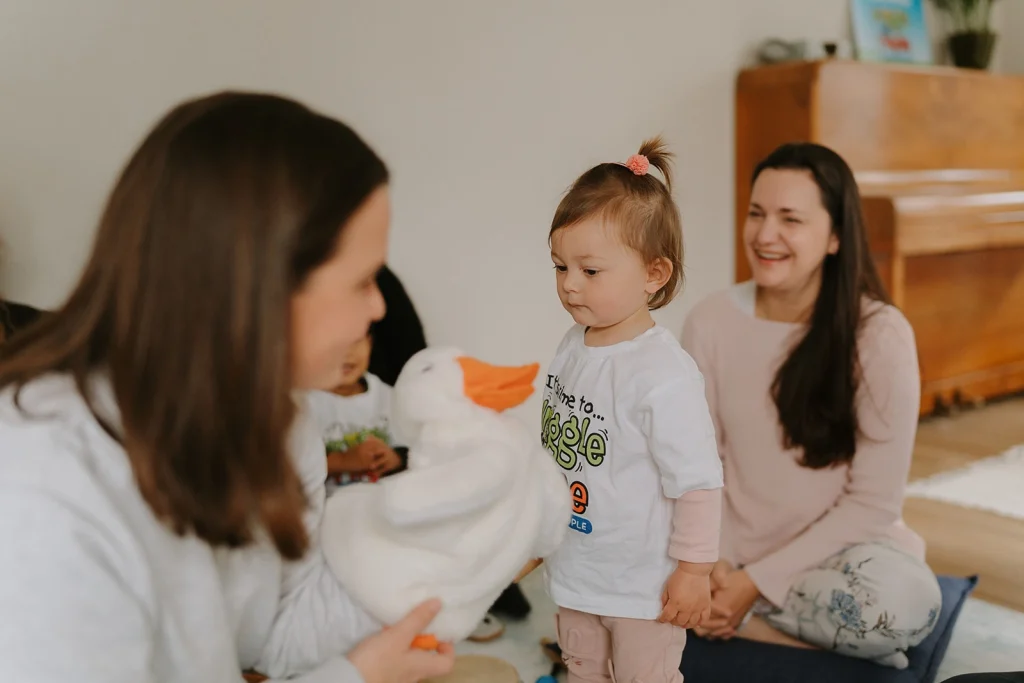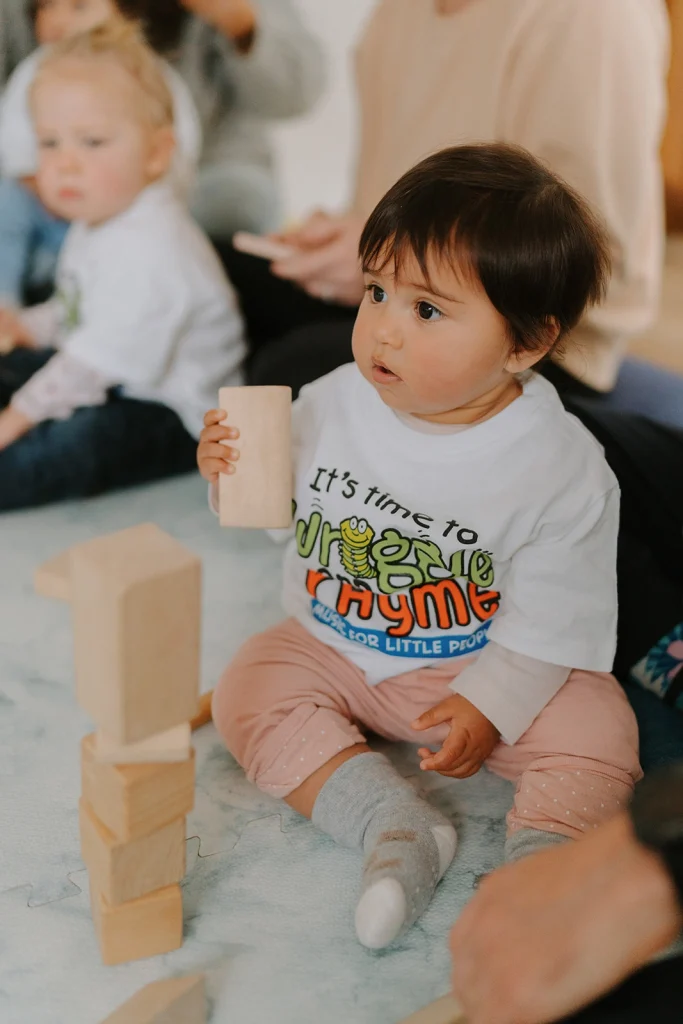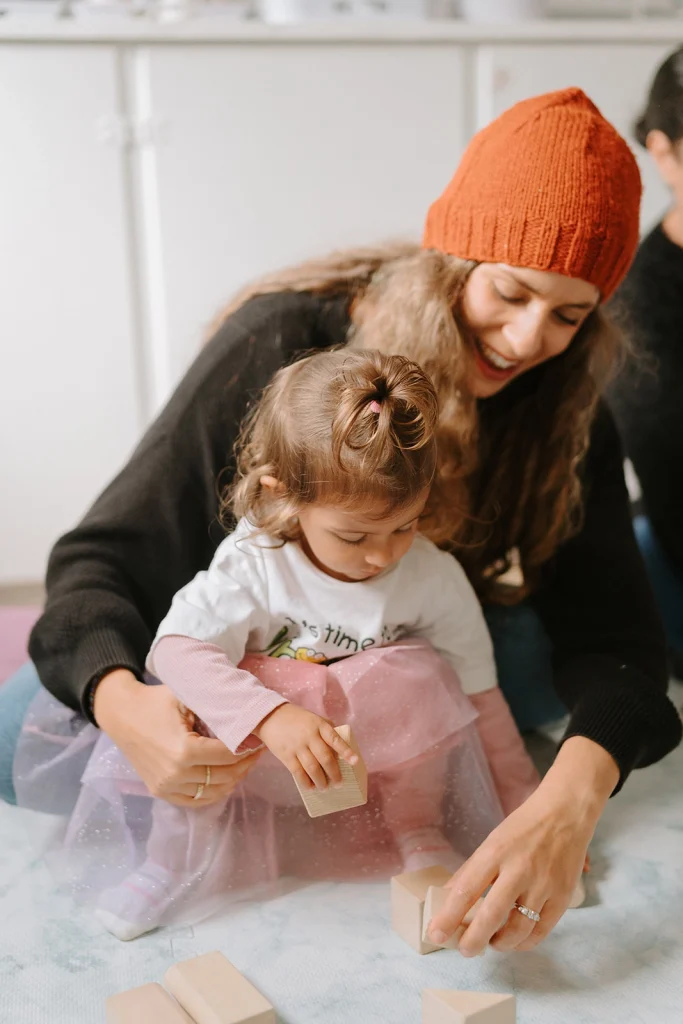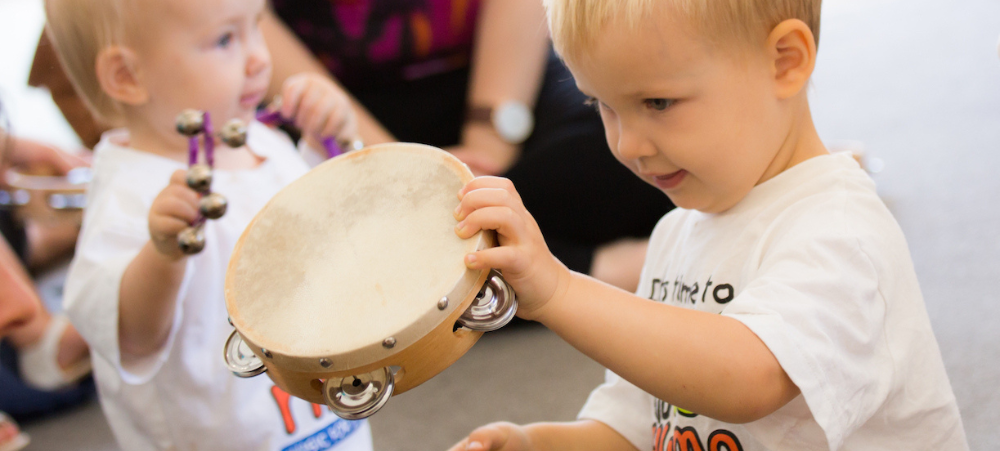Is it really? As we wonder around the shops hearing Michael Bublé singing those words at this time of year, sometimes they really don’t resonate.
Often by the time that the December school holidays are upon us, we feel exhausted and harassed. School concerts, teacher gifts, end-of-year work deadlines, financial pressures, tired children, even more exhausted parents.
So, how can we embrace this wonderful time of year when we’re feeling completely depleted?

Make some music
We can go into the festive season with an intentional attitude to look after ourselves. And music can help us to do that!
Did you know that music can have a profound effect on your mood?
Research shows that actively making music affects neurotransmitters, such as serotonin and dopamine. Serotonin impacts sleep patterns, anxiety and pain whereas dopamine influences focus, concentration, memory, sleep and motivation. Both of these influence moods.
You don’t need to be playing a Mozart Sonata on the piano to be making music. Active music-making includes singing. Singing is proven to synchronize breathing patterns which promotes relaxation and reduces “the stress hormone” cortisol.

The ISO principle
Music therapy practitioners assert that patients struggling with mood disorders benefit from listening to music according to the ISO principle. So what is the ISO principle?
“The ISO principle comprises listening to music that matches the current mood of patients at first, and then to gradually shift to music that represents a desired mood.”**
In short, the principle asserts that we can use music to help to elevate our mood from where we are, to where we want to be.
There are basic principles we can apply to the music we choose to help us with this. For example, a state of happiness is associated with fast tempo, major keys, a simple and bright harmony, medium-high sound levels, a high or ascending pitch and a smooth and fluent rhythm. A state of sadness is associated with slow tempo, minor keys, low sound levels, low or descending pitch, legato, or less energetic rhythms.
Let’s get personal
However, using music to adjust our moods has to be a profoundly personal experience. This is because music attaches to our memories and therefore accesses past experiences when played in the present.
A song that I might find slow and depressing, could be deeply nostalgic for you if it is associated with a positive past experience.
This is seen practically when some people sing along to a piece of music and report having a physical response (chills, goosebumps, lump in the throat) and others don’t.
The bottom line
Music can help us when we are feeling particularly stretched, exhausted or overwhelmed. We can use it to calm our moods or to elevate our moods.
Why not try it out over the festive season?
Put music on while you’re driving, cooking, cleaning, working or whatever else comes your way over this busy season.
Encourage your children to benefit from musical experiences too.
Because, the reality is … it really can be the most wonderful time of the year!

** International Journal of Environmental Research and Public Health; https://www.mdpi.com/1660-4601/18/23/12486)
Musical resources
- Wriggle and Rhyme has a range of musical stories which you can access on your favourite streaming service (Apple music, Spotify, iTunes, etc.) or take a look at www.wriggleandrhyme.co.za/our-music .
- We also have fun, musical episodes on our YOUTUBE channel “Wriggle & Rhyme SA”.
- Our baby and toddler music classes are available in Cape Town – RONDEBOSCH, CLAREMONT, MELKBOSSTRAND, MEADOWRIDGE and CRAWFORD (opening January 2025).
- Our pre-school music classes take place at partner pre-schools across the South Peninsula, Southern Suburbs and Hout Bay.
Find us at www.wriggleandrhyme.co.za or on Facebook and Instagram @wrigglerhyme

- It’s the most wonderful time of the year! - December 3, 2025
- 17 Years of Singing, Shaking & Smiling – A Momtrepreneur’s Musical Milestone! - October 6, 2025
- The surprising secret to building brains: it starts with a song! - August 21, 2025





